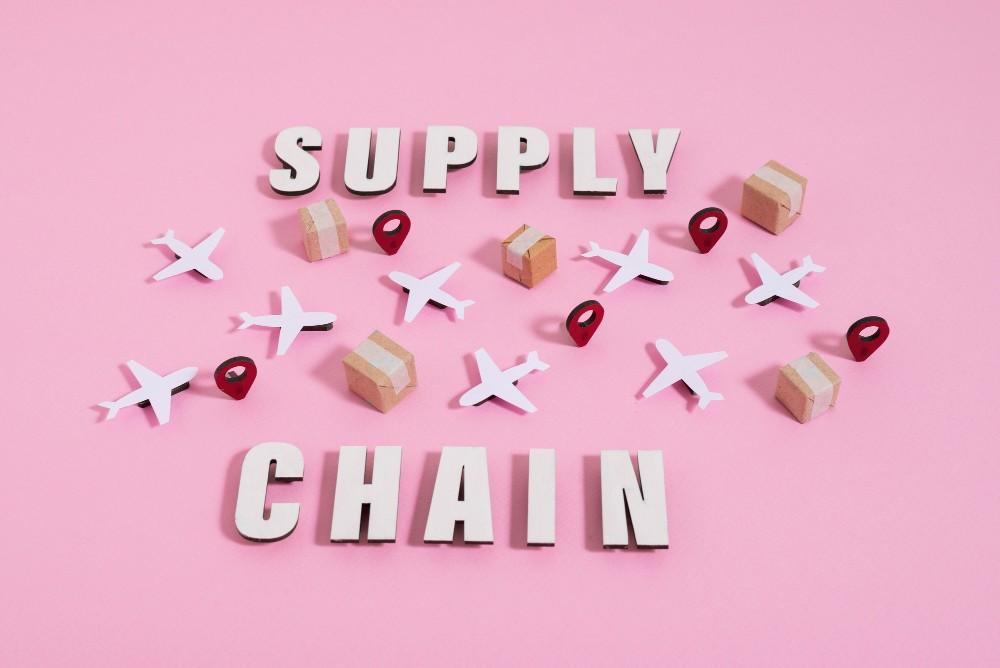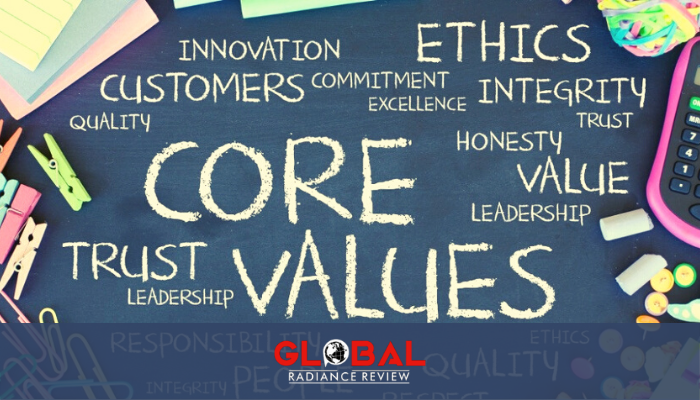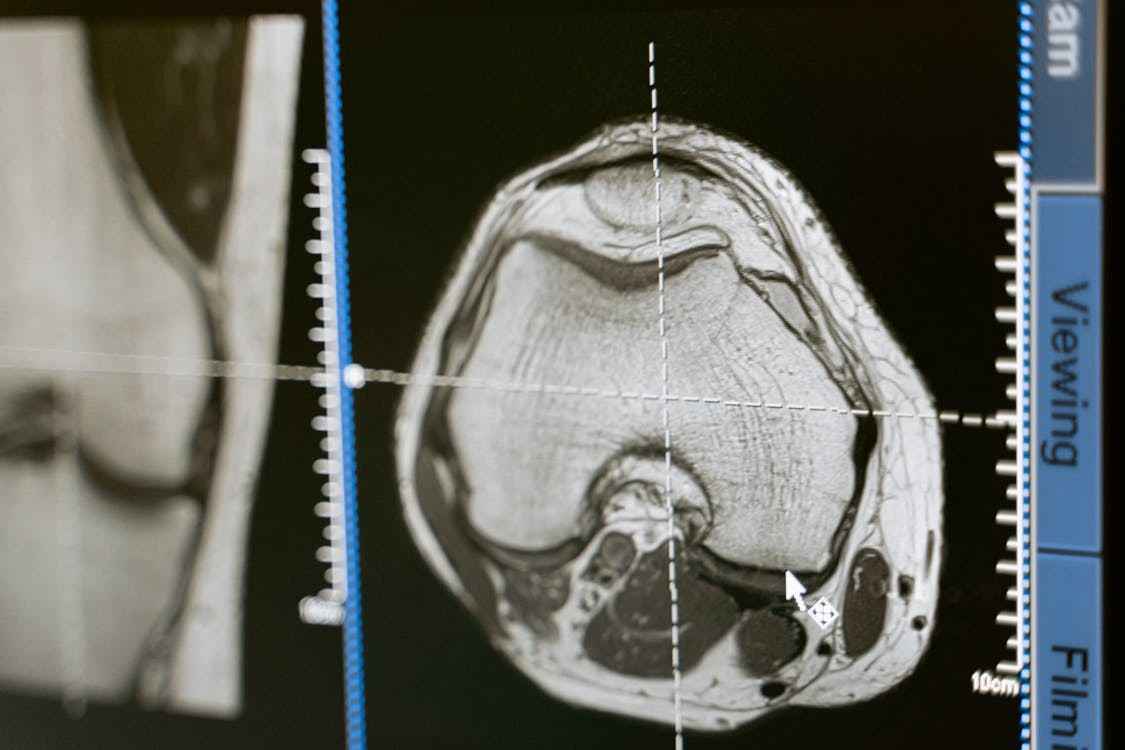When you order anything online, purchase a new car or pick up potatoes at the grocery store, with every click, swipe and tap, in most cases, you are tapping into a vast yet largely obscure system known as the supply chain. It's the vast web of businesses, trucks, ships and trains that haul raw materials to factories and send goods from store shelves all over the world.
Big businesses have been dissatisfied with this system for years. The "where's my stuff " question. Has hovered over every factory floor and distribution centre. It was not the trucks or the trains. The problem was the data. The vast majority of companies run on data that's fragmented, delayed, and hardly 80% accurate.
Enter Surgere, a tech company that has essentially created the "GPS for the supply chain," offering a claim previously thought unattainable: 99.9% data accuracy. And they are sweeping the chaotic, money-losing logistics industry — which travels circular routes around every factory and warehouse that gets a new delivery of toy trucks, novelty robot crawfish or fly swatters by the thousands — into a smart, predictable and "frictionless" way to move goods around across the globe using an arsenal of sensors, high technology and artificial intelligence.
The Visionary Behind the Accuracy
The push for this extraordinary level of accuracy stems from the company's founder and CEO, William Wappler. Wappler is the quintessence of a visionary in the areas of technology and innovation, serving as both CEO and Executive Chairman. However, his path did not start with a grand software vision; it began with an observation that the products used to track goods were not working.
Wappler launched Surgere in 2004, primarily as a packaging consultant. But he quickly discovered that, no matter how attractive the packaging, a new way was needed to track assets — including reusable containers, crates, and parts. This led to massive amounts of loss, waste, and expensive "emergency" shipping (called "expedited freight"), yet the data we had was unreliable.
He took a leap of faith and redirected the company toward building the technology he couldn't find — one that could reveal the ultimate truth: where exactly every asset was at all times. Wappler's approach to such stories is straightforward: "It all comes down to truth and fidelity." He realized the data needed to be almost 100% accurate, because you couldn't trust it otherwise to run a multi-billion-dollar business.
The Problem When 80 Per cent Is a Disaster
Consider an automobile producer that utilizes thousands of reusable containers to transport parts between suppliers and assembly plants. If they only know the whereabouts of 80 per cent of those containers at a particular moment, that anonymous 20 per cent turns into threats. They must buy or rent new containers at an unnecessary expense of millions. Even worse, if a key part is in one of those "missing" containers, the production line may have to be shut down.
Moreover, this type of traditional tracking often involved siloed technology and manual scans, both of which were slow and prone to human error. Surgere knew the future of supply chain visibility lay in a single, always-on solution.
Surgere's Secret: Technology Confluence
Achieving this game-changing 99.9% accuracy is something Surgere refers to as Technology Confluence and Advanced Engineering. That means they don't depend on a single type of sensor, such as a basic barcode or a simple radio-frequency identification (RFID) tag. Instead, they intelligently combine a range of various "Internet of Things" (IoT) technologies, such as RFID, GPS, Ultra-Wideband (UWB), and Bluetooth Low Energy (BLE).
This is a "technology alphabet soup" that's selected and tweaked to match each unique client environment situation. For example, a GPS tracker may operate continuously for an extended period in a truck on the highway. Still, an RFID sensor under tons of metal inside an old, metal-laden factory requires special engineering to prevent your radio signals from being distorted or disrupted. Surgere's engineers develop the optimal sensor placement inside and outside plants, so every single movement — whether a part rolls into a factory, through the production line, or onto the back of a truck — is automatically recorded with high-quality information.
This continuous, deep-scan data collection eliminates the need for a manual scan step, ensuring that the tracking information is truly live.
Your New Digital Co-Worker: Sophia and Ousting and Interiors
And all of this accurate data is useless without a means to understand it. This is where Surgere's two key software platforms, Interius and Sophia AI, play a significant role.
Interius is Surgere's Software-as-a-Service (SaaS) platform - the home base of the MCU, so to speak - where all of this data can be used as a trusted "Supply Chain Source of Truth." Leveraging world-class cloud infrastructure, such as Microsoft Azure, Interius aggregates the billions of data transactions collected from sensors each month. It's also designed to work seamlessly with a company's existing planning systems and enterprise software, providing clients with a real-time view of their entire supply chain, all in one place.
However, 99.9% accurate data is voluminous beyond human sifting. That's the issue Surgere is looking to solve with its Agentic AI tool, Sophia. Sophia also serves as a "digital co-worker" and data guide. Sophia not only shows you charts, but also uses precise information to address difficult questions and anticipate future problems.
For instance, a user can ask Sophia, "Will my suppliers have enough raw materials over the next six months?" Sophia doesn't wonder; it crunches accurate inventory data, production rates, and shipping schedules to arrive at a confident, data-driven answer, such as: "You have enough potatoes but not enough spices for current orders." This enables a company to make decisions more rapidly and address problems before they affect production.
The Impact: Frictionless and Future-Ready
Surgere's answers are critical for rigorous industries, including Automotive, Aerospace, Manufacturing, Food & Beverage, and Agriculture. Through the transparency it delivers, Surgere enables more than just an efficient company.
The benefits are extensive:
- Cost Savings: Reduced lost assets, less expedited shipping fees and maximized use of container fleets. fn-1 4.fn2 Agricultural Communications Documentation Journal Pesticide Biochemistry Pesticide Biochemistry and Physiology. Volcanoes (especially Vo). Results in this field are presented compulsorily. The parallel-valved engine would have right-side planes. 3. refuse pile.
- Operational Excellence: More efficient production lines through access to the appropriate materials as needed.
- Sustainability: Data on truck fullness and reusable asset use helps companies track and reduce their carbon footprint.
- Compliance: Establishing an Auditable Chain of Custody for Regulated Businesses.
Final Thoughts
By combining the most advanced IoT hardware with disruptive Agentic AI and an unwavering commitment to data integrity, Surgere has created a new paradigm. The future of the global supply chain appears less chaotic and more certain, thanks to forward thinkers like CEO William Wappler and his team. The age of "Where is my stuff?" has arrived for manufacturers and distributors around the world. It has officially come to an end, replaced by light that is 99.9% visible.
-black.png)









